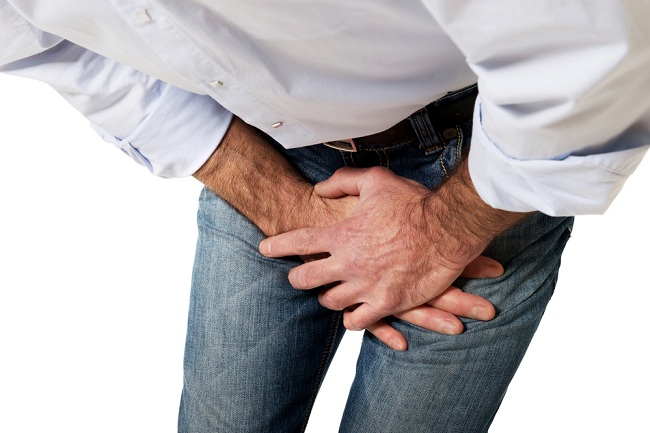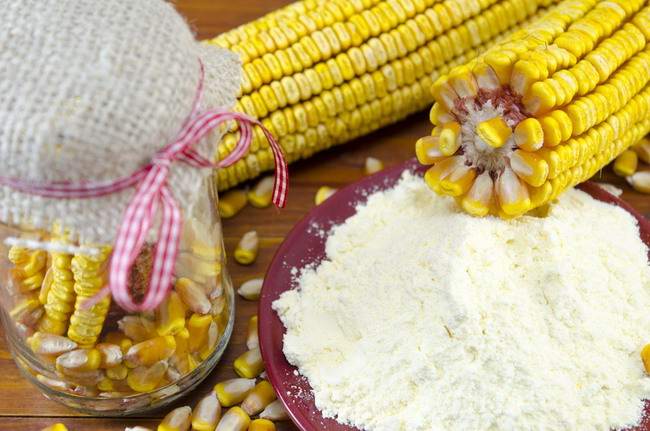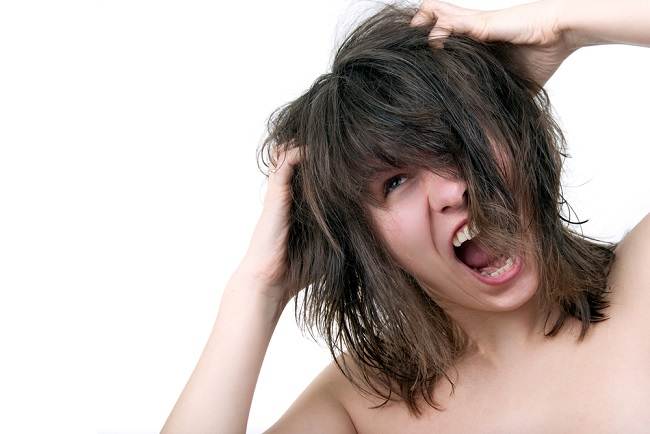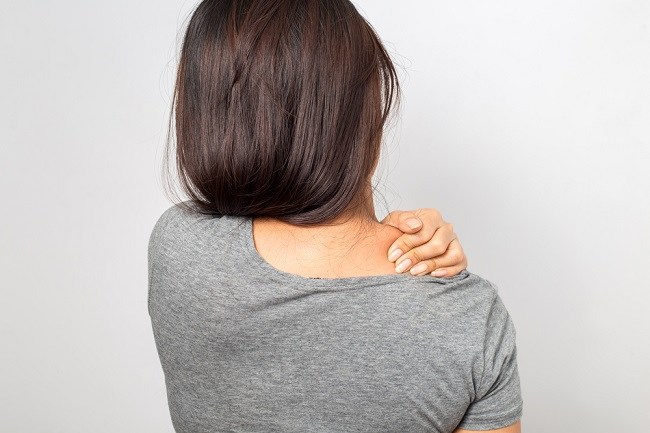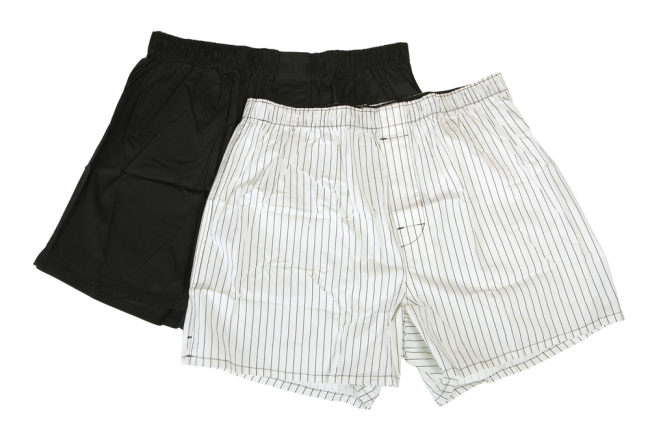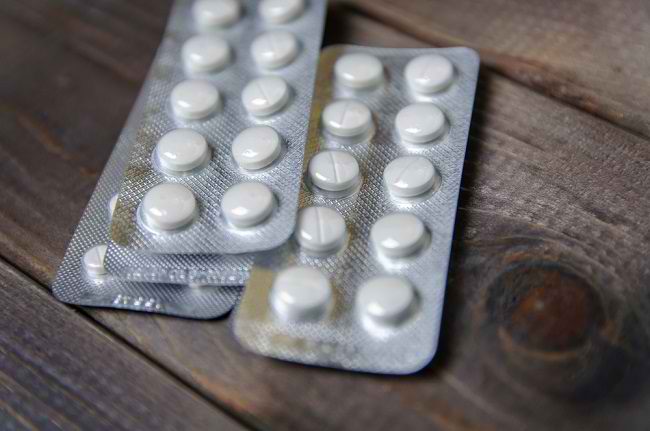Teaching your little one to get used to brushing their teeth before going to bed is not an easy matter. Mothers must know how to attract the attention of the little one and make him feel that brushing his teeth is a fun routine and has a good impact on dental health.
Brushing your teeth regularly is important to kill bacteria and plaque, which cause tooth decay and gum disease. For your little one, you can introduce the habit of brushing your teeth since the first teeth erupt.

Invite your little one to brush their teeth as early as possible
Generally, your little one's first teeth grow when he enters the age of 6 months. Since this age, Mother has been able to teach her to clean her teeth. However, there is no need to use a toothbrush at this time. You can help clean your little one's teeth using a soft wet cloth or a small toothbrush.
Then at the age range of 6-18 months, you are advised to let your little one brush their teeth using only water, without using toothpaste. Children aged 18 months to 6 years are advised to use a special toothpaste for children with low fluoride content. Only after children aged 6 years and over, allowed to use fluoride toothpaste.
In addition to getting your little one to brush their teeth from an early age, here are things you can do so that your little one is aware of the importance of brushing their teeth from an early age:
- Mothers are advised to get used to your little one brushing their teeth at least twice a day. That is in the morning and before bed. Mother can give an example to the Little One so that he is interested and participates in brushing his teeth. Well, if this habit is successfully carried out regularly, you can occasionally give your little one a gift as a form of appreciation.
- Your little one may not like Mother's toothpaste because she feels the toothpaste is spicy. For that, you can give your little one a toothpaste with a fruit flavor that your little one likes. Whatever the type and brand of toothpaste, the most important thing is the fluoride content in it. Therefore, you must make sure that the toothpaste contains fluoride. Brushing your teeth using toothpaste that contains fluoride can help clean teeth, remove food debris and plaque, and strengthen teeth. This will make your teeth healthier and keep your little one's breath fresh. Also make sure that the toothpaste is free of sugar because the sugar content in toothpaste actually contributes to tooth decay. Teach your little one to spit out toothpaste after brushing their teeth. Although the fluoride content in toothpaste is good for dental health, excess fluoride can actually cause dental problems such as fluorosis. Fluorosis is the appearance of brown or white spots on the teeth.
- Give a special toothbrush for children which usually has a small tip and make sure the toothbrush has soft bristles. In addition, you can choose a toothbrush that is easy to grip and has a color that your little one likes. Remember to change your toothbrush regularly. Changing the toothbrush should be done every 1-3 months or when the bristles of the toothbrush have started to break down to effectively clean food debris.
Adjusting to the Little One's Character
The world of children is identical to the world of play. Don't forget that every child has a different character. Mothers can do the following so that your little one is interested in brushing their teeth:
- If your little one is the type of child who likes to play, you can use a toothbrush as a toy tool. Write a short story in which the toothbrush has the role of a warrior who can ward off evil enemies in the form of plaque and bacteria in the mouth. This method might make brushing your teeth fun.
- If your little one is the type of child who likes to sing, you can encourage them to brush their teeth while listening to their favorite song. Or you can also invite your little one to brush their teeth while watching their favorite movie.
- Letting your little one be involved in choosing the toothbrush he likes might be a way to make brushing fun. Let your little one choose a toothbrush according to the color he likes or a toothbrush with various cartoon characters he likes.
Get to know your child's tooth decay habits
Brushing your teeth regularly is a way to keep your teeth healthy. But you should also know, there are some habits that can trigger tooth decay in your little one, such as:
If you are used to bottle feeding your little one at night, you should stop this habit. Giving milk at night can make the remaining sugar in it remain in the mouth, so that it can cause damage to tooth enamel. This also applies to breastfeeding. If your little one has started teething, you are advised to avoid giving breast milk at night. Or, if you have to give breast milk to your little one, make it a habit to clean your baby's mouth and teeth after breastfeeding. This is because the lactose in breast milk contains sugar, which also affects dental health.
Limiting your little one to suck can be done by not getting used to it. Especially if your little one sucks juice, milk or other sugary drinks all day. This habit can damage your little one's teeth, because it makes the saliva in his mouth unable to clean sugar naturally. Also make it a habit for your little one to always drink water after sucking.
Another bad habit is pacifier. This can inhibit the growth of teeth and jaw formation. If your little one is accustomed to using a pacifier since infancy, it is advisable to start stopping this habit from the age of one year.
Thumb sucking habit is usually found in children aged 4-6 years. The effects of this habit can make your little one have difficulty chewing and teething.
Teaching your little one to get used to brushing their teeth regularly can prevent tooth decay. So that dental health can be well controlled, it is recommended that you take your little one to visit the dentist regularly. Consult about how often your little one should be taken to the doctor.
